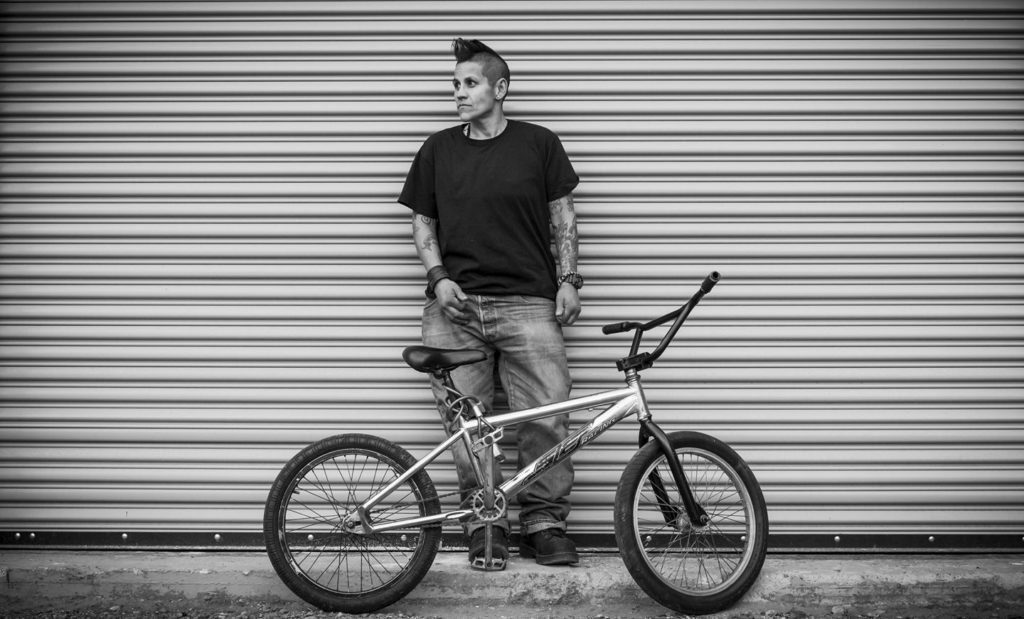Street Medic Couper Orona Cares for Unsheltered People
“Being disabled and on the street is one of the hardest things anyone could deal with,” says Couper Orona. A retired firefighter, Couper has for many years supported the unhoused community in San Francisco as a street medic. She was injured when working as a firefighter in the Sacramento area; living with disability after a surgery and then facing homelessness after a divorce forced her to navigate a system that ignores the most vulnerable.
For Couper, trying to access services in San Francisco proved difficult, especially due to her reduced mobility. Appointments to access services require long waiting times that are simply not feasible for many disabled people. One of Couper’s friends has been prioritized for housing, Couper says, but still is not able to get off the streets because she cannot find wheelchair-accessible housing. Couper herself says that she has followed every rule when applying for housing, but to no use. “It’s the way the system works,” she says.

Those experiencing severe mental health issues can have difficulty making appointments. Many who don’t have access to a phone cannot make the calls they need to make. A lack of health care, accessibility issues and the high likelihood that sweeps will result in the loss of medication make it almost impossible for a mentally ill or disabled person who is homeless to access services.
“They say people are ‘service resistant’ when the services are [actually] resistant to them,” says Couper.
Couper volunteered at a womens’ drop-in center for about three years, using her firefighter skills to help those around her with medical needs. These days, she is well known among San Francisco’s unhoused community for her street medic work. Often, she is woken up in the middle of the night to tend to someone’s medical emergency. Having saved lives countless times, she has built trust with the community.
For years now, the City has proudly swept tent encampments and proclaimed that the homelessness crisis has improved due to the reduced number of tents. Instead of being offered housing, people will be harassed by the City’s police and public works departments.. This harassment leads to fear, which only increases when an individual relies on certain items like canes to help them move around. To leave one’s tent is to risk having Public Works steal and destroy all personal belongings, including the most necessary devices.
When asked about how San Francisco can better support homeless folks with disabilities, Couper expressed a need for respect. She says the City’s leaders are not informed by the actual lived experience of people facing homelessness and make no attempt at performing outreach in the community themselves.
“No one chooses to be homeless, but the city chooses not to help people. London Breed wants them to be out of the way,” she says.
Money that could be used to house people is instead spent on anti-homeless architecture to prevent people from getting too comfortable. Couper says she is embarrassed for the city. “London Breed is destroying people from the inside out.”
When asked how able-bodied, housed folks can attempt to understand the intersection of homelessness and disability, Couper says,“I want people to care again. Stop and help someone when they need help. Don’t ignore them. Seeing one person help gives others the courage to do so. Get off your phone and be a part of your environment. Make people feel like they matter.”
###

